Phipps Stories
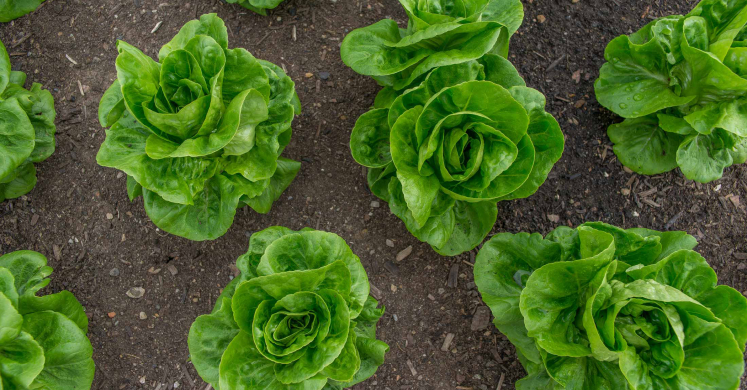
Ask Dr. Phipps: Urban Farming Concerns
Have a question about your perennials, houseplants or turf grass? Worried about pests in the garden, hydrangeas that won't bloom, or tomatoes that died on the vine? Dr. Phipps can help! Ask Dr. Phipps is a free service provided by Phipps Master Gardeners. Contact us with your questions and you may be featured in an upcoming blog post!
Q: I am about to move into my first house in the Friendship neighborhood and am excited to start my first garden. Are there any ‘urban farming’ precautions I should know about if I want to eat the produce I grow, should I test the soil before growing zucchini and herbs to make sure there aren’t harmful chemicals?
A: Even though you aren’t growing tons of vegetables, it would be worth having a soil test done. You should definitely test your soil in order to see what nutrients are present and to see if there is any lead in the soil. Lead is the biggest concern for urban gardeners. So get a soil test done, that includes testing for lead, and see if there is lead present and at what level. Depending on the level of lead present, you will need to take precautions before planting a vegetable garden. There are many ways to protect yourself from lead intake.
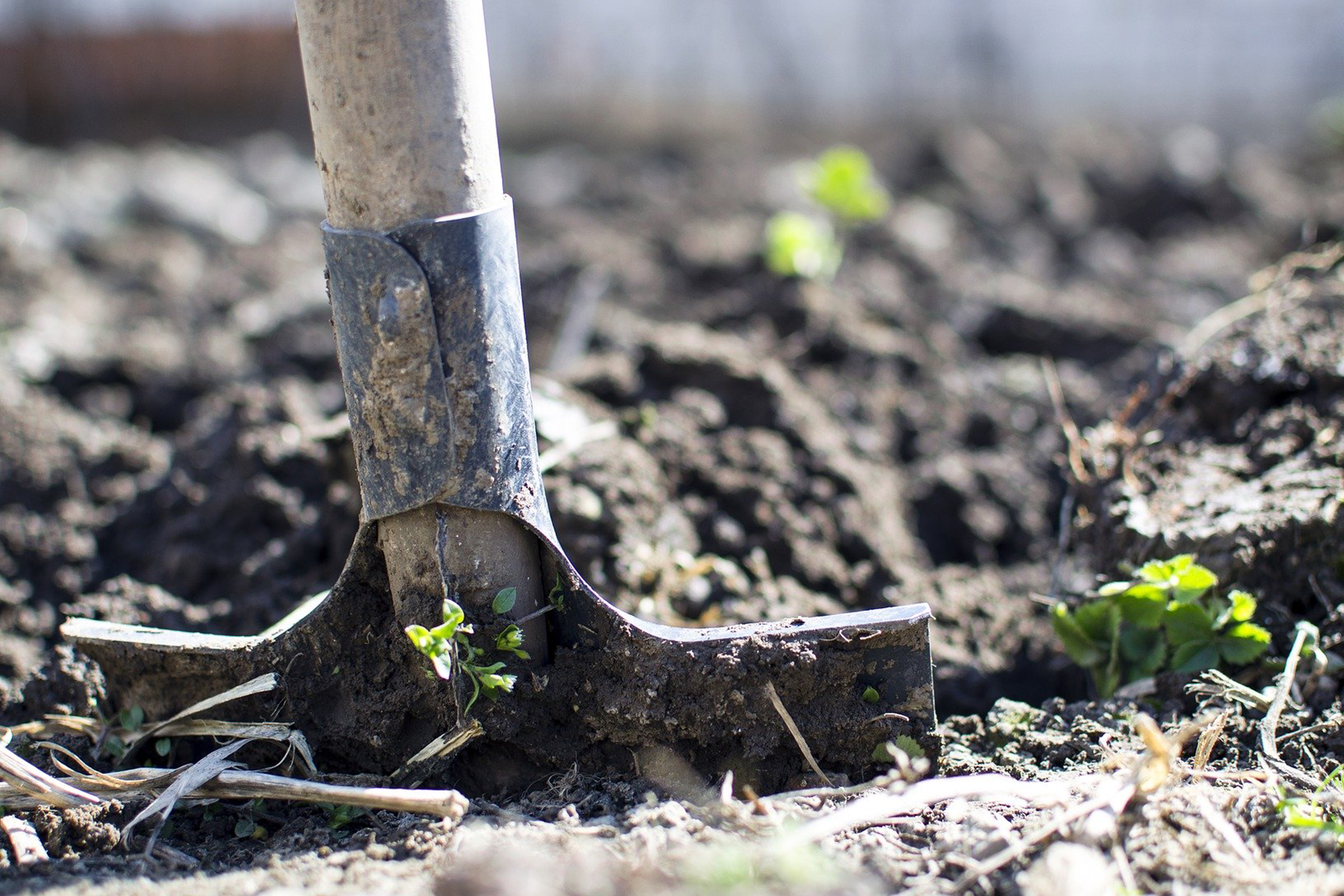
Ways to consume lead:
1. Lead is mainly ingested by kids who eat soil and directly consume lead that is in the soil.
2. You can breathe in lead in the soil – if you work the soil when it is dry and the soil blows around and is breathed in. This is the most common way for adults to take in lead.
3. If lead (that is in the soil) gets on root vegetables or leafy greens which are difficult to clean soil off of and the soil on those vegetable are eaten, you could consume lead that is in the soil.
4. There are some plants that will uptake lead. In fact, these plants such as mustard greens and sunflowers have been used to remediate soils with high levels of lead. DO NOT PLANT these plants in your vegetable patch, if lead is present.
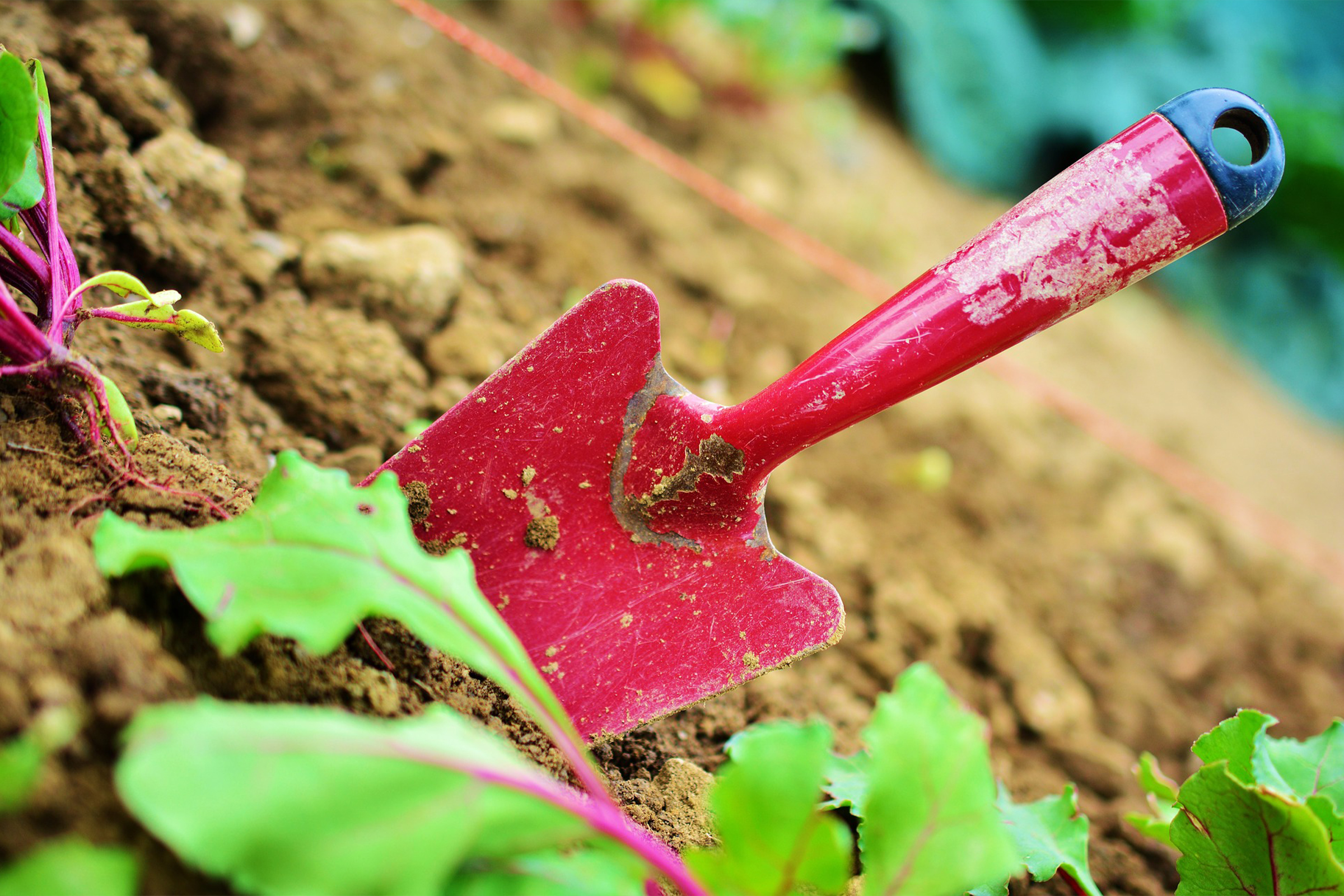
One recommendation is to keep your soil covered (with a layer of compost or good gardening soil and a mulch, like leaf mulch). This way you are less likely to come into contact with the possible lead in the soil. In addition, growing cucumbers and some herbs are a good choice, as they grow up and away from the soil and are less likely to be covered in soil. Do not work soil that is dry, or wet the soil before you dig or turn over the soil.
Another method of dealing with lead in the soil is to build a raised garden beds and grow your vegetables up out of the native soil. This is what Phipps does in our city gardens that are installed through Homegrown. Raised beds are usually 8 to 12 inches deep, creating a barrier between your vegetables and any lead that may be in your soil. Instructions on how to build your own raised garden bed can be found here.
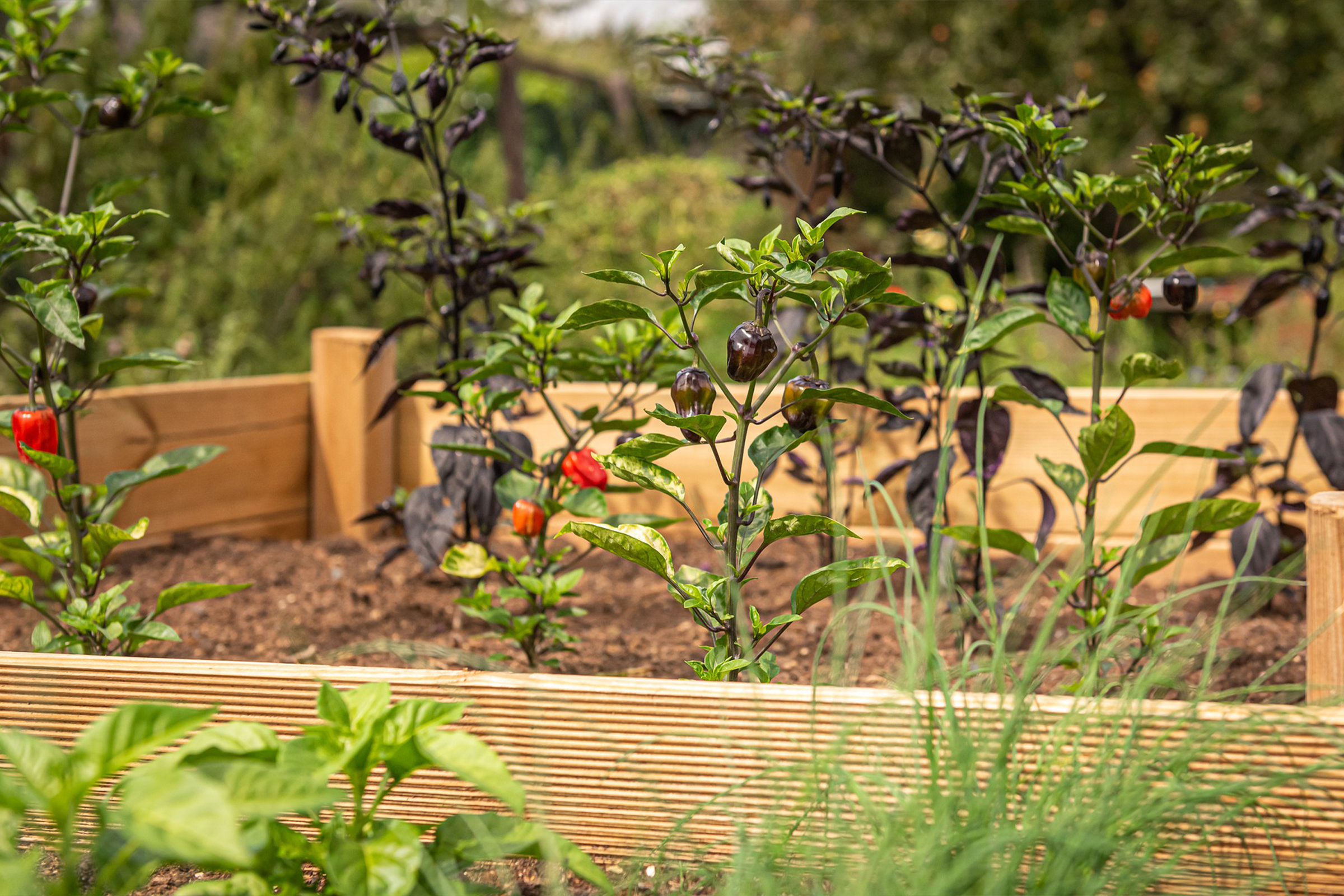
You can read more about lead in the soil here.
It is always helpful to know what is in your garden, so have a soil test done. Here are two suggestions for soil testing, with links to both are below.
1. Penn State Extension soil tests - they have a general soil test for $9 and a separate lead test for $27.
2. University of Massachusetts soil test - their tests are $20 and they include lead testing.
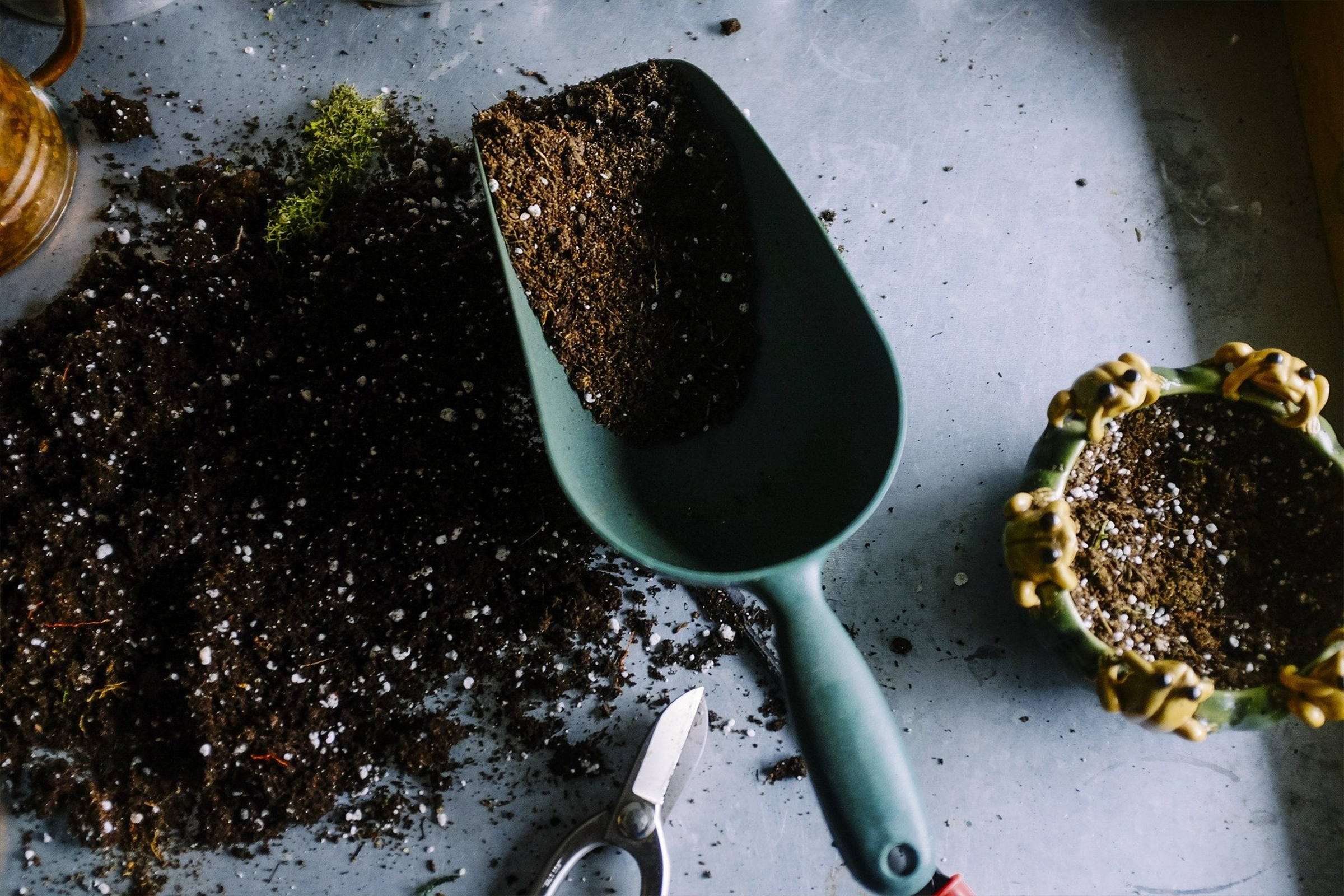
A quick visit to both sites show that you may need wait to have your soil tested. The UMASS soil test lab is closed due to Covid-19 and PSE is only accepting high priority tests, which would not include backyard soil tests. So you will need to wait until this current crisis is over before testing.

